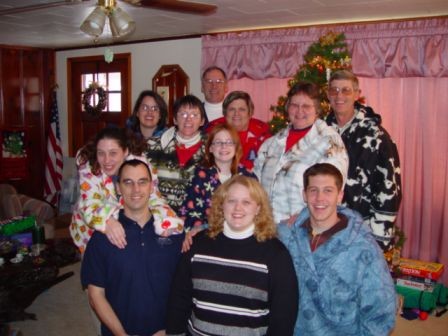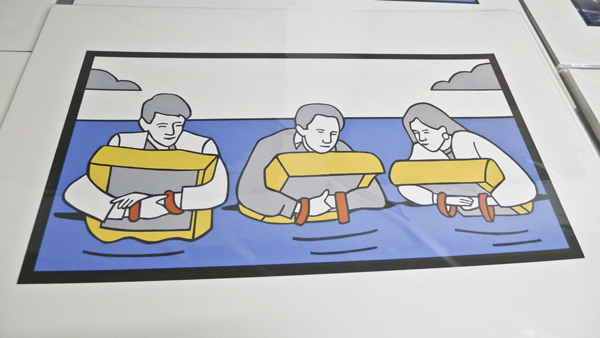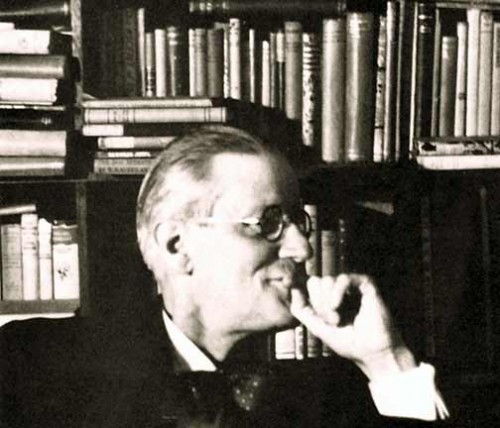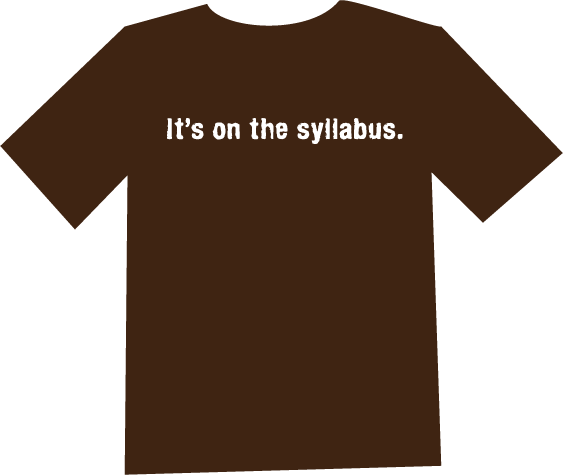Lessons I’ve Learned Starting a Micropress
I started a micropress, Tiny Hardcore Press, and it has been an awesome but very challenging adventure. The best part is getting to work with writers I respect to publish awesome books that practically fit in the palm of your hand. There is no worst part but every single day I learn something new. Most of these lessons have risen from my own ignorance. Who just decides to start a press? A press is a small business. I should have done more research. I had put out two books already via PANK, but that’s not really research. My first mistake was diving into the deep end when I should have been in the kiddie pool with my floaties. I offer these observations in no particular order.
1. No matter how much money you think it’s going to cost, running a press will cost more, like, at least twice as much more and then a little more on top of that. Sure, you can run a press on the cheap, but it is pretty hard to avoid spending a lot of money.
A guide for those who would be typeset
Today at Slate, Farhad Manjoo does editors and designers everywhere the service of insisting on the plain and simple truth: putting two spaces after a period (or a colon, or a question mark, or an exclamation point, or etc.) is not just unnecessary, it is wrong, and furthermore a pain in the ass for everyone who has to handle your work when you’re done with it. It wasn’t long ago that it didn’t really matter how many spaces you used in a manuscript. The typesetter would have to retype the entire thing character by character, and it was very easy for them to remember not to key two spaces simply because the manuscript contained them. However, things have changed. We no longer re-type anything. We insert documents into other documents. We copy and paste. While it has become increasingly common for writers to work with an awareness of what typesetters do (because they are more and more often themselves doing this work, though perhaps more often in a WordPress “Add New” page or a Dreamweaver window than InDesign or Quark Xpress), I am still frequently amazed and disheartened by the ways in which they choose to format their manuscripts. Let’s talk about these things a little.
First, we need to define the problem more clearly. Basically, our goal should be to create the cleanest, most format-neutral manuscripts possible, with clear indications of the work’s intended appearance. What you create is not what will be published, but a source document. The goal is therefore not to simulate a published page, but to make a useable document that serves that purpose. There are four areas where writers most frequently get things wrong: the aforementioned spaces between sentences, indenting paragraphs, paragraphing generally, and page breaks. READ MORE >
Derrida on Yes in Ulyesss
“ULYSSES GRAMOPHONE: Hear say yes in Joyce”
Speaking of Joyce. Some the best writing on reading I maybe ever. Don’t worry if you ain’t Ulyssesed. No soft spots on the grindstone.
My Dog Died Last Night

When I’m sitting down to write every morning, I make sure the sun’s casting a photoshopped glow through the sheer blinds and that all implements of the trade are just so. I’m particularly interested in books being at the right angle for photographing. The above picture is apparently Faulkner’s writing room, and I’m 100% certain that it looked just like that when he was writing in it. He was a meticulous man. No errant papers, no spilled coffee. I’m equally certain that Faulkner only wrote in the perfect light, likely magic hour. Only ever magic hour. He wrote As I Lay Dying during that first and last hour of light because people only die when the light’s just right. You wouldn’t want to die in the wrong light, would you? I mean, what would people think? Writing and dying. Dying and writing. But when you think about it, you also shouldn’t eat in the wrong light or make love in the wrong light. Jesus, what if your lover sees that scar on your left knee?
My dog died last night as I held her in my arms. I tried for magic hour, but the vet was running late. I lit candles instead. She died there in my arms, injected first with anesthesia then with kill-you formula. Her eyes stayed wide open and twitched. She let out a dying breath that smelled like violence. We buried her in a deep hole. My office overlooks her grave. It’s magic hour, this hour, this hour between sleep and waking. I’m writing at my messy desk. The light’s really nice.
R.I.P. Nut.
Who makes more money from publishing a book, the author or the publisher?
MFA fiction workshop syllabus
So, I’m teaching my first MFA fiction workshop this spring, which is exciting and pretty cool. I’ve decided to play with the traditional workshop model, which is two submitted stories per term. Here’s the syllabus.
ENGL 574 Syllabus
COURSE DESCRIPTION: This will be an intensive graduate workshop. I am working with a different model, one that emphasizes both generative practices and revision. You will be required to write three new stories very quickly (during the first nine weeks of class), which we will workshop, then we’ll spend the last five weeks of class workshopping one revision. It doesn’t take a mathematician to realize that we will be “flying” through the stories in the first part in order to focus our time on the revision.
Spring Semester Reading List

For those of you who might be interested, click through for the reading list I’ve assigned the students taking my “Introduction to Experimental Literature” course this semester.
ALT LIT GOSSIP Ohio Watching Party
Here’s a bunch of people in Ohio at Noah Cicero’s house watching the ALT LIT GOSSIP awards talking shit, doing drugs, and other things people here can bitch about being a ‘waste of [your internet time].’ Enjoi.
Home for the Holidays’s “What is your book about?”

One Holiday gift you can expect from friends and relatives is the question, “What is your book about?” or, “What are you working on?” In need of advisement, I asked several authors how they reply to Uncle Scott while enjoying the crown roast.
I don’t blink–I think that is important. I say that I’m working on a novel whose style can best be described as the lovechild of John Grisham and Dan Brown, and that it’s the first book of a trilogy set entirely in an Applebee’s restaurant. I transform my voice into a strained whisper at this point and admit that the pressure is causing me to have a crisis of faith, then I make vague allusions to something I state I may or may not have done at a rural truckstop. If they’re extra-persistent, I say, “Let me just explain the book’s main plot,” and then I describe the most recent Hoarders episode I saw on A&E. – Alissa Nutting, author of Unclean Jobs For Women And Girls





